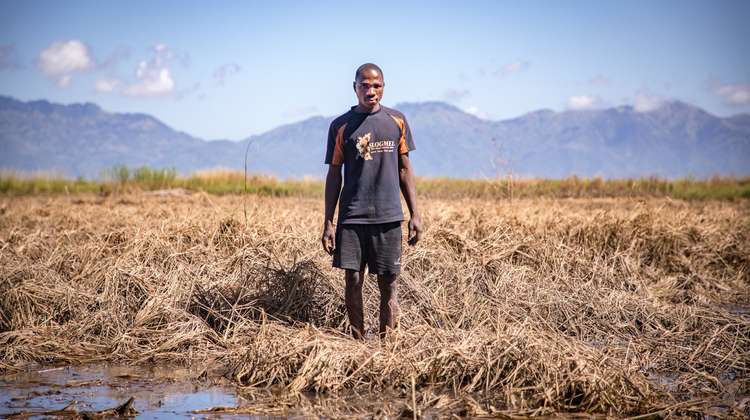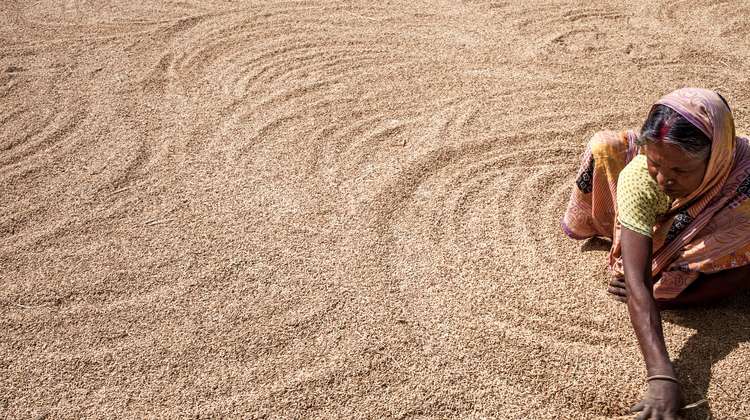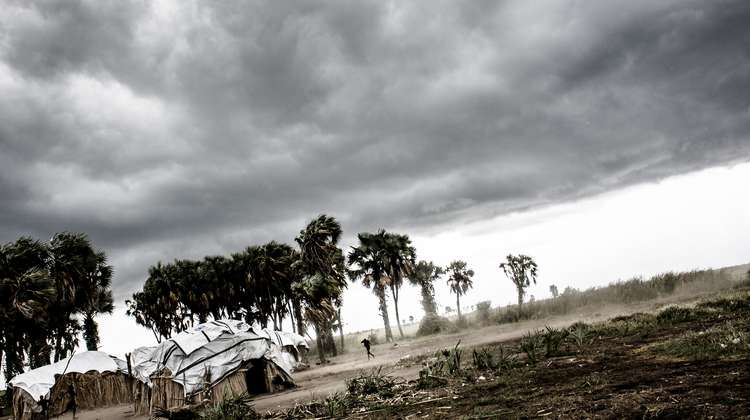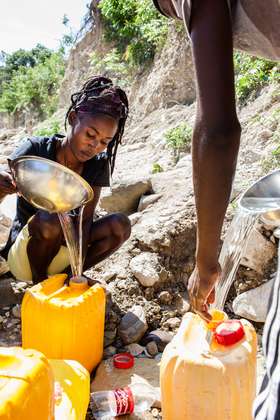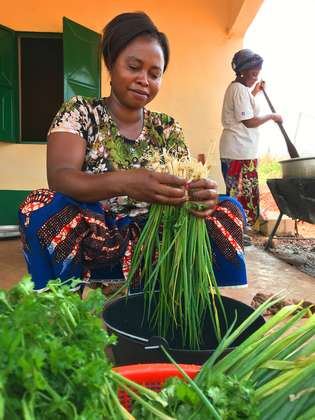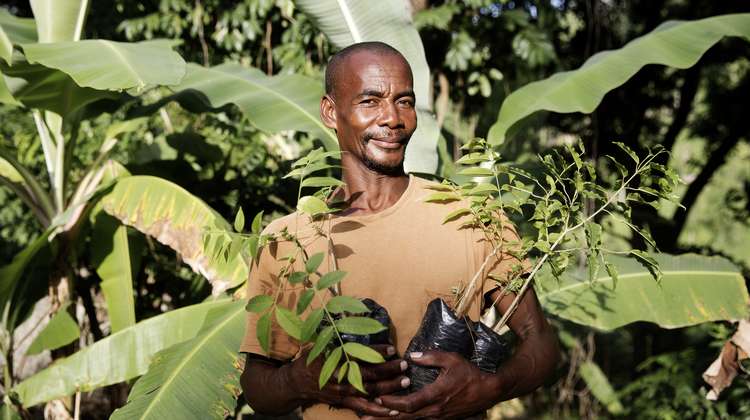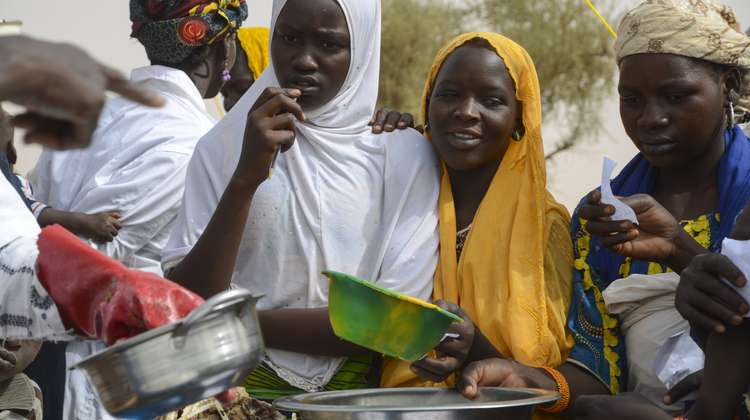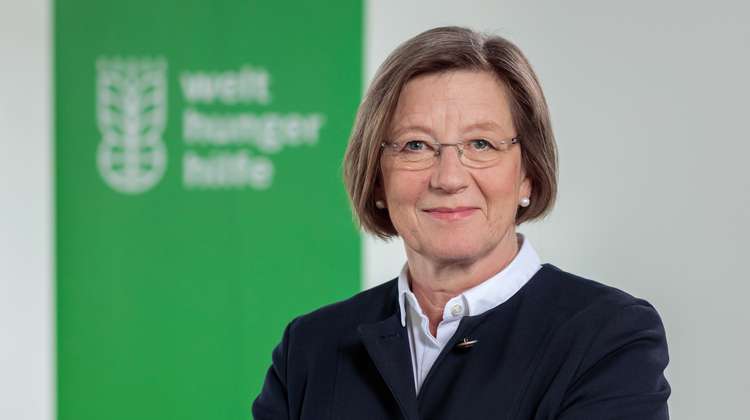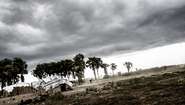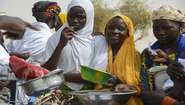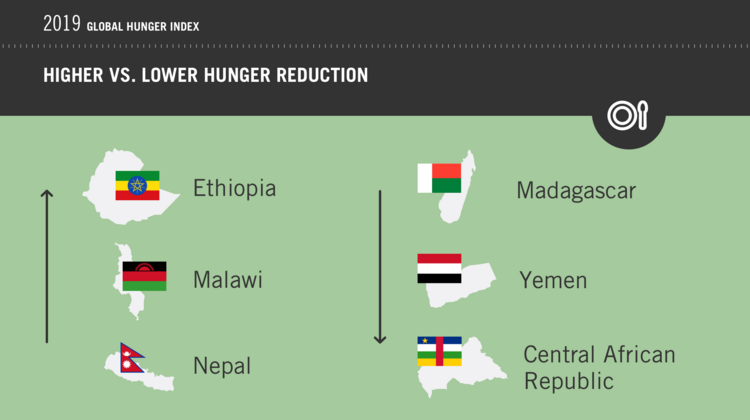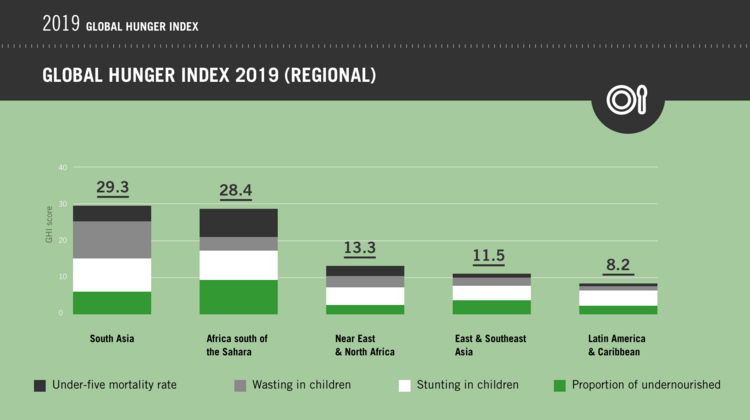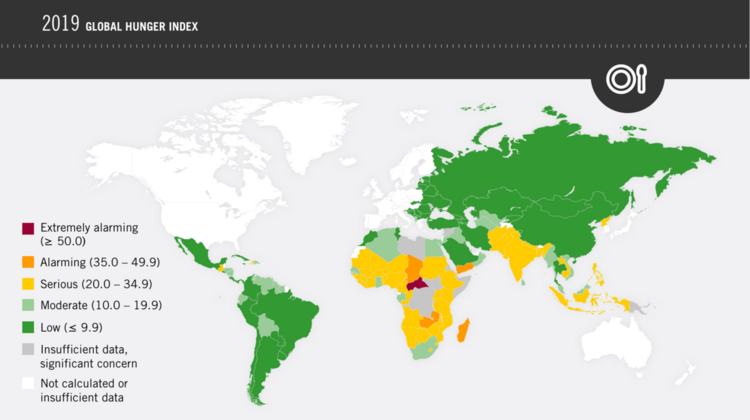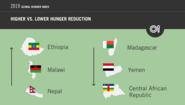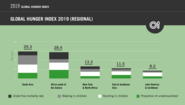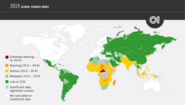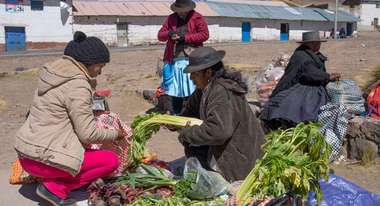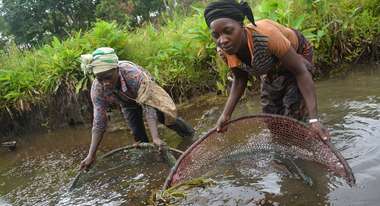Global Hunger Index 2019: Climate Change is Exacerbating Hunger
Bitter setbacks in the fight against hunger: The Global Hunger Index shows that climate change is worsening the nutrition situation in countries that are already affected by hunger and poverty.
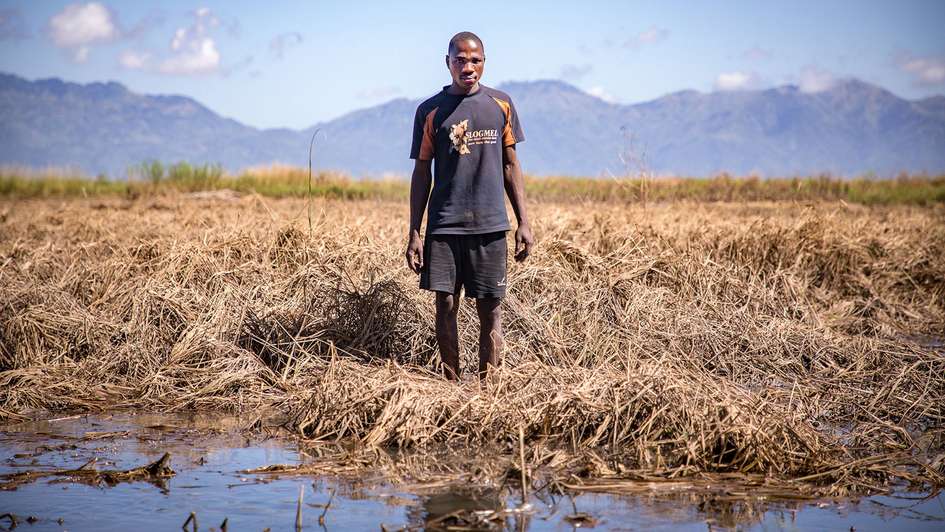
Bonn/Berlin, 15 October 2019. The progress made in the global fight against hunger is severely endangered, and the situation has even worsened in some regions. This is the conclusion to be drawn from the Global Hunger Index, which calculates the nutrition situation in 117 countries. 822 million people are suffering from hunger around the world; this number has been rising for three years, and it represents a bitter setback. In four countries (Yemen, Lebanon, Central African Republic, and Venezuela) the GHI scores are now higher than in 2000. The report shows that climate change is worsening the nutrition situation in countries that are already affected by hunger and poverty. Since the early 1990s, the number of extreme weather events has doubled, leading to harvest loss for the most important crops and rising food prices.
“The responsibility for climate change and its impacts are distributed unequally. The people who have done least to cause it are suffering most severely from its effects. Droughts, floods, and storms have devastating consequences for them. For people in the most affected regions it is a matter of survival. Women and children are the main victims. They need our financial support and solidarity. We must also change our pattern of consumption and our lifestyle to make them more sustainable, to leave a liveable world for our children and our grandchildren”, stresses Marlehn Thieme, President of Welthungerhilfe.
Overall, figures for hunger around the world have dropped by 31 percent since 2000. However, progress is too slow. If the reduction in undernutrition continues at the same pace, 45 countries will not be able to defeat hunger until the year 2030.
Federal Minister of Development Gerd Müller: "Global food security and climate change are the two survival issues of humanity. 20 million people have already
had to flee the drought regions of Africa. Therefore, we must invest even more in preserving their livelihoods, for example in climate-adapted cultivation methods. Above all, however, the food situation in crisis-hit regions is deteriorating. In the ninth year of the war, the situation in the Syrian arc of crisis has never been so dramatic. The same in Yemen. Every ten minutes a child dies of malnutrition there. The international community must help here resolutely."
With financial support from the German Federal Ministry for Economic Cooperation and Development, the Global Hunger Index is also published in many countries where Welthungerhilfe is running projects. This should also help spark vital debates involving governments and civil society in affected countries, to achieve a positive turnaround in the fight against hunger.
Download Press Images and Infographics
Usage note: Please note that the pictures may only be used in a Welthungerhilfe context and may not be passed on to third parties. Images must bear the credit copyright "Photographer"/Welthungerhilfe. No long-term archiving. Please delete pictures after use!
Welthungerhilfe is one of the largest private aid organisations in Germany; politically independent and non-denominational. It is fighting for “Zero Hunger by 2030”. Since it was founded in 1962, more than 9,300 overseas projects in 70 countries have been supported with 3.71 billion euros. Welthungerhilfe works on the principle of empowering people to help themselves: from rapid disaster relief to reconstruction and long-term development cooperation projects with national and international partner organisations.





